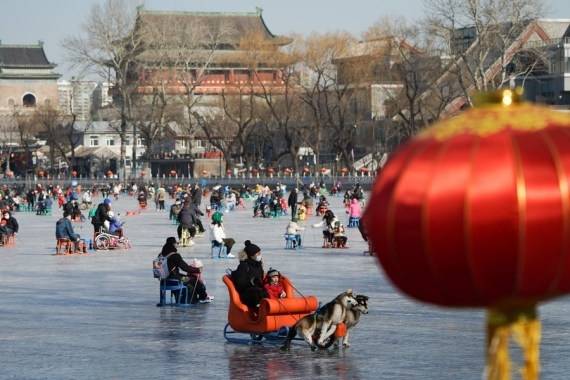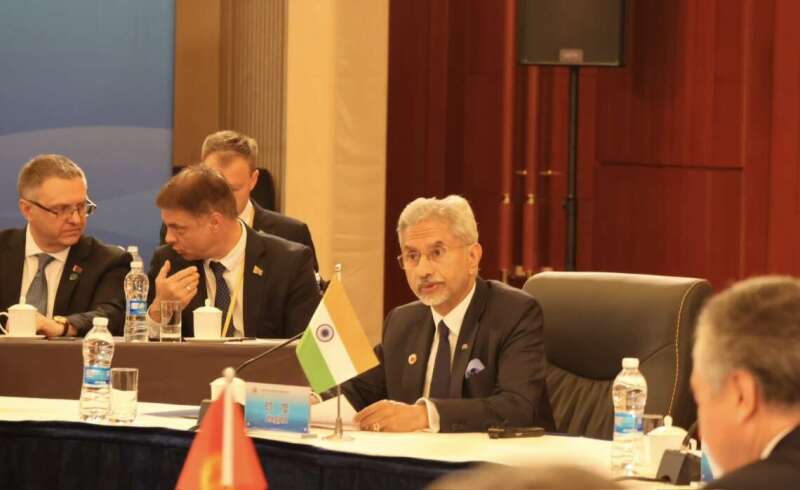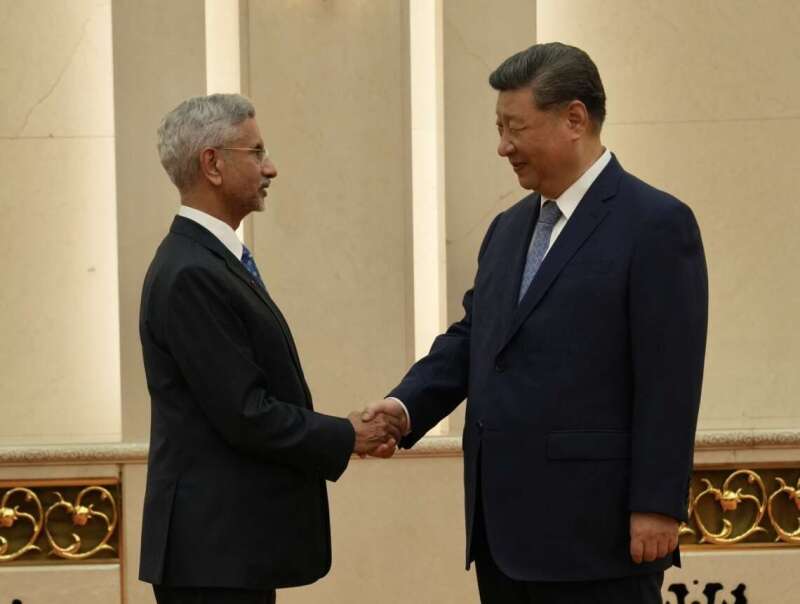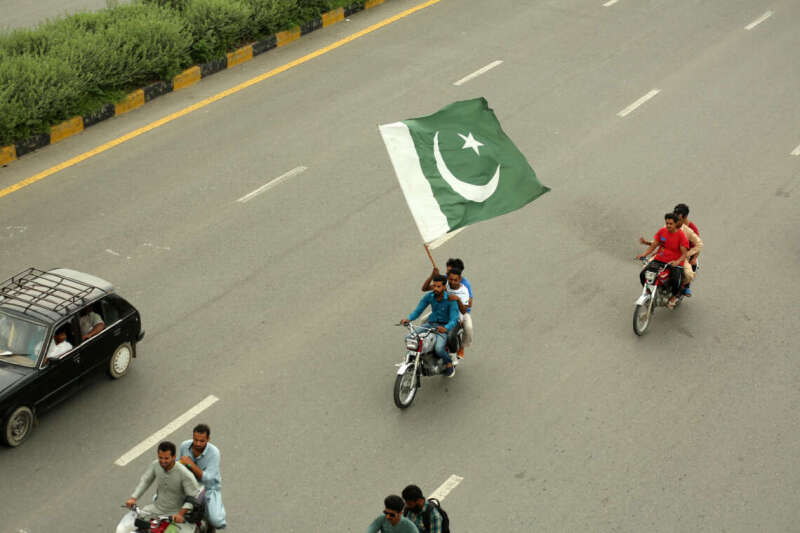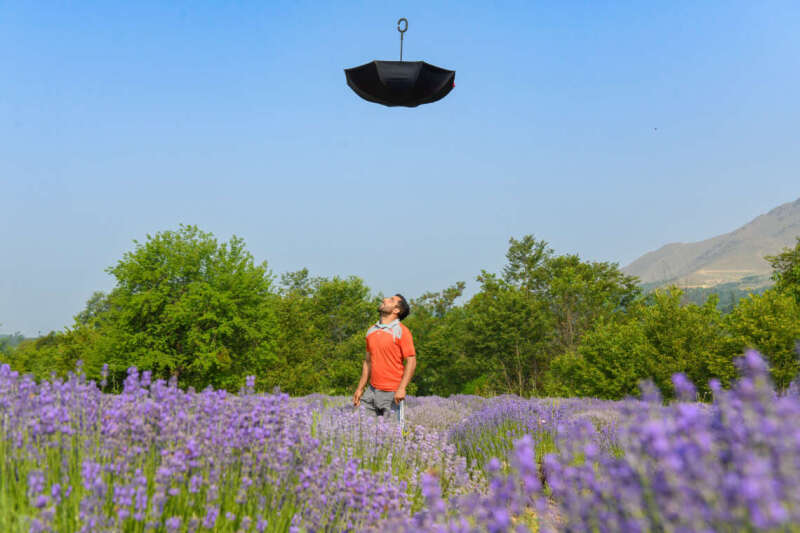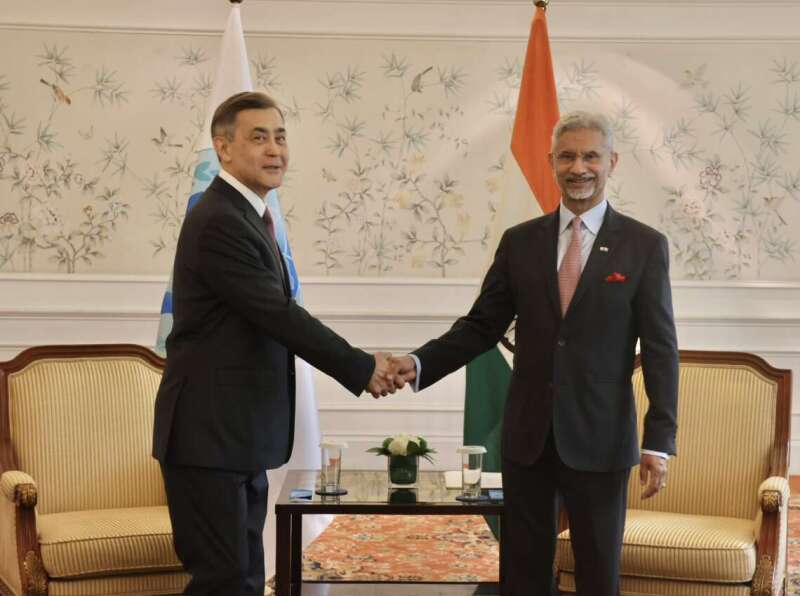Calls to blacklist Chinese Communist Party (CCP) controlled Hikvision increase after its role in aiding human rights violations is brought to light …. A special report Dr Arunima Mukherjee
A movement to outlaw the sale of CCTV systems manufactured by firms that are allegedly related to human rights violations in China and might pose security risks has the support of a number of MPs and parliamentarians in the UK. The letter, which was organised by the advocacy organisation Big Brother Watch, demanded that the UK prohibit the sale and usage of CCTV systems made by Hikvision, which is partially controlled by the Chinese government.
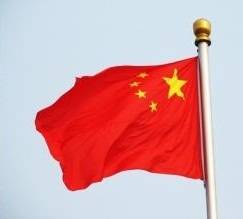
Due to security concerns and alleged evidence of their use in so-called “re-education” camps in Xinjiang, where China is accused of imprisoning an estimated 1 million Uyghurs and subjecting them to abuse, torture, and forced sterilisation, the campaigners said, the manufacturer is prohibited from doing business in the US.
According to a recent study, UK government agencies are issuing substantial contracts to acquire the contentious technology. The MPs’ statement comes after a six-month investigation by Big Brother Watch that involved thousands of Freedom of Information requests. Big Brother Watch discovered that the majority of public institutions—including 73 per cent of UK councils, 57 per cent of secondary schools in England, six out of ten NHS Trusts, universities, and police departments—use CCTV cameras made by Hikvision or Dahua.
Hikvision cameras are reportedly seen in operation on the front of the Home Office and the Department for Business, Energy, and Industrial Strategy (BEIS) buildings in central government, according to Big Brother Watch. This is not the first time when concerns have been raised regarding China’s use of Hikvision to undermine human rights.
Researchers have lately drawn attention to an interrogation strategy created by Hikvision that combines behaviour analysis methods with facial recognition cameras to identify detainees. The Hikvision solution is intended to improve and record interrogation sessions, monitor prisoners’ vital signs while they are under close observation, and automatically alarm if they make any “vigorous motions,” according to the video surveillance information company.
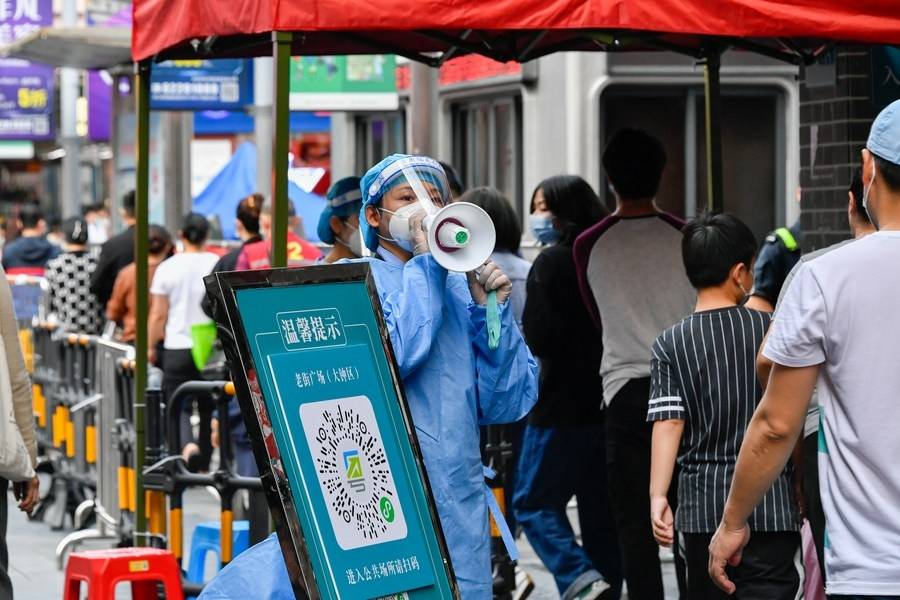
According to the research, Hikvision implements perimeter analytics, behaviour detection, access control, biometric data analytics, and intruder and escape detection through the software. If the interrogator is missing or nods off, the analytics will also sound an alarm. In a 2018 promotional video, Hikvision demonstrates how numerous Hikvision cameras will be used to record the questioning of a detainee as they are strapped into a tiger chair from various perspectives. The interrogation console, a network video recorder (NVR) with a screen, a CD burner, and room for hard drives, is where the devices are attached.
According to the Hikvision documentation, the console also has “real-time monitoring of vital indicators,” which shows the prisoners’ heart rate, blood pressure, and blood oxygen levels. With Hikvision’s interrogation solution, the questioning may also be recorded as staff members type up the transcript on a laptop for prisoners to sign right away. However, the automated publishing of transcripts poses issues with coerced confessions.
The Tianjin police purchased software designed to anticipate demonstrations in 2022 from Hikvision which gathers information on hordes of Chinese petitioners, a term used in China to refer to those who attempt to protest to higher authorities against local officials. It then assigns petitioners a score based on how likely it is that they will visit Beijing. According to a procurement document, the data will eventually be used to train machine-learning algorithms. To avoid political humiliation or the exposing of misbehaviour, local leaders aim to ban such travels. Additionally, the central authority does not want groups of irate residents congregating in the city’s centre. Under Mr. Xi, government tactics to suppress petitioners have become more intrusive.
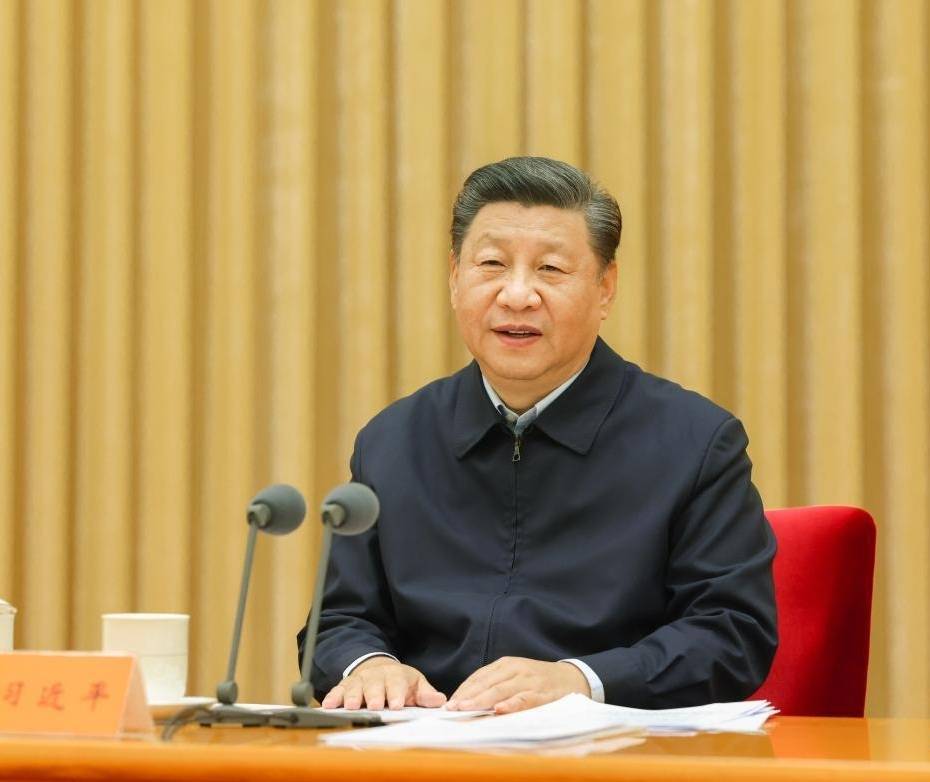
A 32-year-old petitioner named Zekun Wang claimed that in 2017, the government had detained other petitioners in Shanghai before they could even purchase tickets to Beijing. The group had been fighting for justice about a real estate swindle for years. He believed that the government was keeping an eye on their WeChat chats.
The Tianjin Hikvision system, which is operated in conjunction with the police in neighbouring Beijing and Hebei Province, is more advanced. According to the procurement document, the platform evaluates a person’s propensity to petition based on their social and familial connections, previous travels, and personal circumstances. With sections for cops to define the protester’s disposition, such as “paranoid,” “meticulous,” and “short-tempered,” it aids the police in building a profile of them.
Many people who petition do so due to government negligence or poor treatment of a terrible situation; all of this information is factored into the algorithm. The procurement document states, “Increase a person’s early-warning risk level if they have poor social standing or experienced a big catastrophe.”


